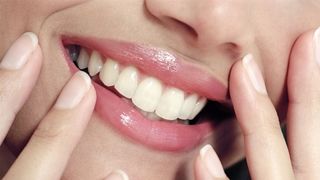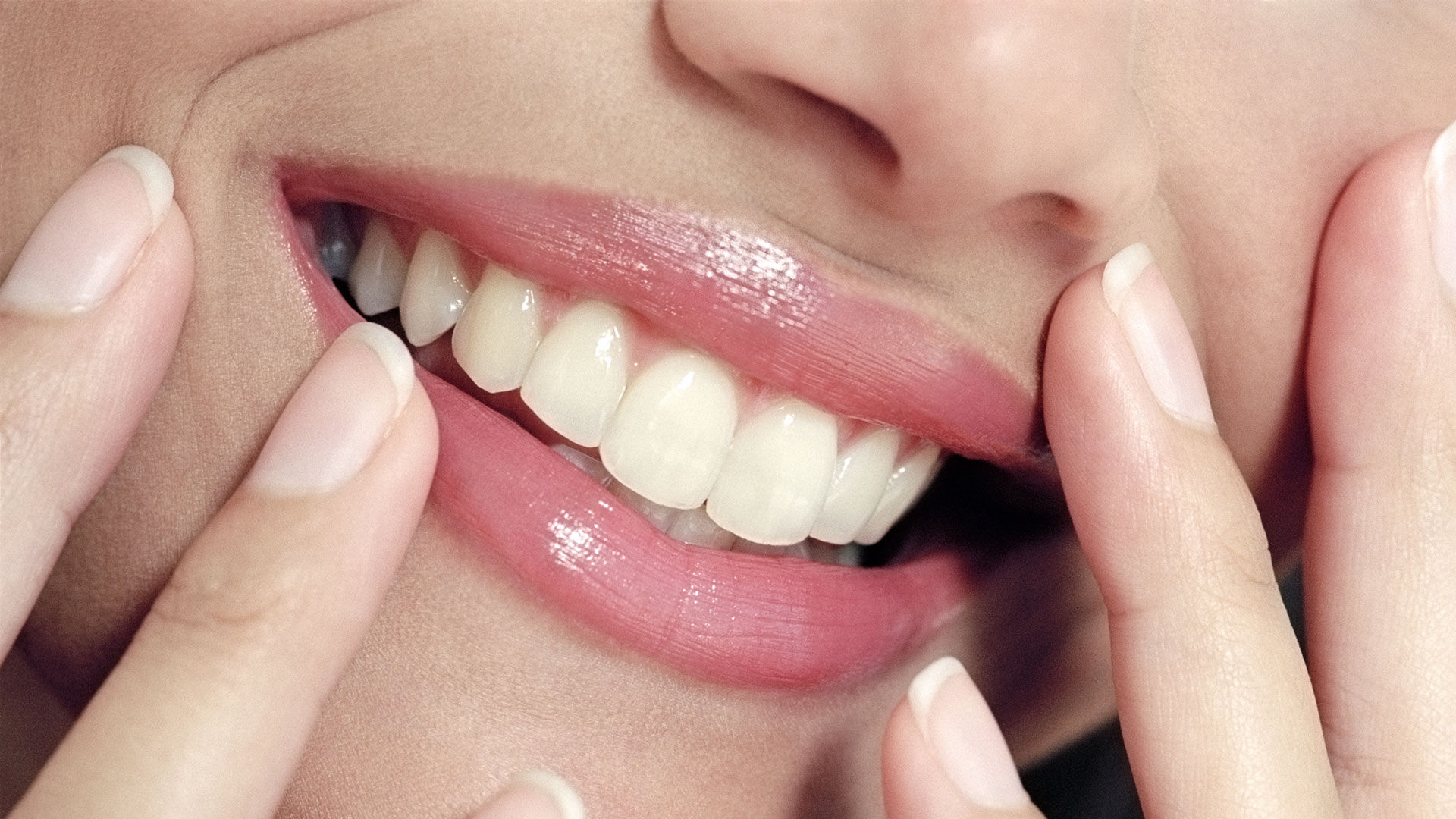
It’s easy to take teeth for granted, but these 9 teeth facts you probably didn’t know should cast your pearly whites in a fascinating new light. Because you may know how to floss your teeth properly, but did you know that you spend about 24 hours each year brushing them?
We’ve compiled these weird and wonderful facts with the help of dentists, who have each contributed their favorite little-known truths about teeth. If you’re looking for more practical advice, you might want to head over to our round-up of the best electric toothbrushes, where you’ll find our comprehensive ranking of the top brands and models.
- Related: How to use an electric toothbrush
9 teeth facts you probably didn’t know
1. Tooth enamel is the hardest substance in the human body
Dr. David Rice, founder of IgniteDDS, shared his favorite tooth fact with us: The enamel that forms the outer layer of your teeth is the strongest substance that your body makes. However, despite their strong outer layer, teeth are also the only part of your body that cannot self-repair.
2. Your teeth are unique
Dr. Hanna Kinsella explained to us that “teeth are as unique as your fingerprint. No two sets are the same”. If you watch crime documentaries, you’ll likely know that teeth imprints have been used in some very high-profile cases, including the trial of serial killer Ted Bundy. The technology used to link teeth prints to criminals is considered unreliable by some, but dental records can still play an important role in postmortem identification according to the Dental Research Journal.
3. You spend around a day a year brushing your teeth
Dr. Alina Lee Lane recommends brushing your teeth for four minutes every day. “You should spend two minutes brushing in the morning and the evening,” she told Live Science. That means that, based on a standard 365 day year, you’ll end up spending just over 24 hours brushing your teeth every year!

4. Your teeth’s ability to feel cold determines whether they are alive
“Inside your teeth are blood vessels and nerves, making your teeth ‘alive’. A ‘dead tooth’ is one in which the nerve tissue is damaged and can no longer feel cold,” Dr. Lane explained to Live Science. If you feel pain during tests to see if your teeth feel the cold, dentists will ask about the type of pain you’re experiencing, and will often perform tests on painful teeth to determine what the issue is.
5. Dentin changes can make teeth appear yellow
When you think of reasons your teeth might be looking yellow, your first thought likely goes to stains. And while teeth can get stained by foods, drinks, and other substances such as tobacco, these stains are not the only reason your teeth might change color. Dentin is the layer of your tooth that sits below the enamel and it can change color after certain treatments, such as root canals. Once dentin has changed color, it can show through your tooth’s enamel, making it appear darker.
- Related: Are teeth naturally yellow?
6. Your teeth cannot repair themselves
“A tooth is the only part of our bodies that cannot heal itself,” Dr. Rice explained. So while your tooth enamel is a very strong part of your body, it is essential to look after it well so your smile can look and feel healthy in the long run. A paper published by the American Family Physician states that common reasons people have to consult a dentist outside of their regular check-ups include pulpal inflammation (often caused by caries), broken teeth, and trauma.
7. Braces were first designed in the 18th century
Medical historians believe that dentistry pioneer Pierre Fauchard designed one of the first orthodontic devices in the early 18th century. The ‘bandolet’ was the precursor to modern-day arch-expansion techniques. The devices were made of silver or gold and were even recommended by Etienne Bourdet, a dentist to the King of France at the time.

8. You can have up to six wisdom teeth
“Your third molars are known as ‘wisdom teeth’. Most adults have four wisdom teeth,” Dr. Lane explained. “But it’s normal for people to have 0, 1, 2, 3, or even 6,” she added. Depending on how many wisdom teeth you have, they might have trouble finding space in your mouth. Lane told us, “often, wisdom teeth do not erupt alongside your other teeth normally because many people have too small jaws to fit them!”
- Related: Can wisdom teeth grow back?
9. Plaque can contain over 300 species of bacteria
Plaque can contain 200 to 300 different species of bacteria. While not all these bacteria will harm the health of your teeth, one specific strain—Streptococcus mutans—is a prime cause of tooth decay.

India Bottomley is a health and beauty writer whose work has been published in the likes of Cosmopolitan, Forbes, and Dazed Magazine. A lifelong skincare aficionado, India has been writing research-led pieces on trending skincare, makeup, and cosmetic procedures since 2016. She takes particular interest in the growing connection between tech and beauty, and has had pieces on the topic published in American Healthcare Journal. When not writing she can be found exploring national parks or at the beach chasing sunsets.
